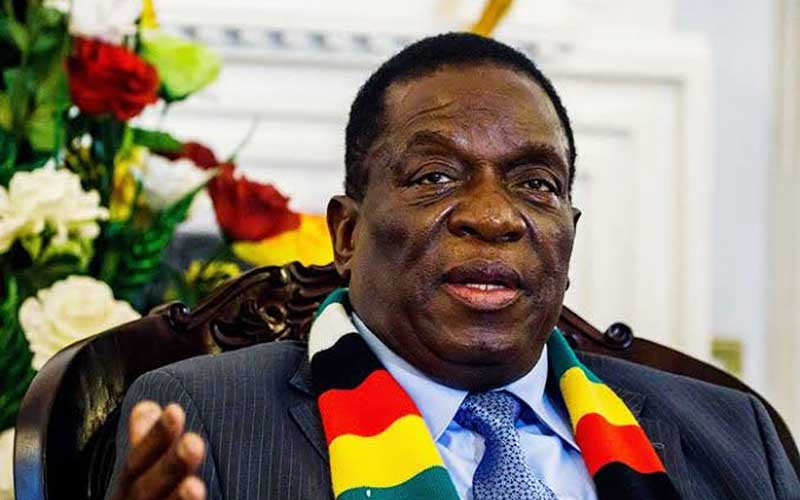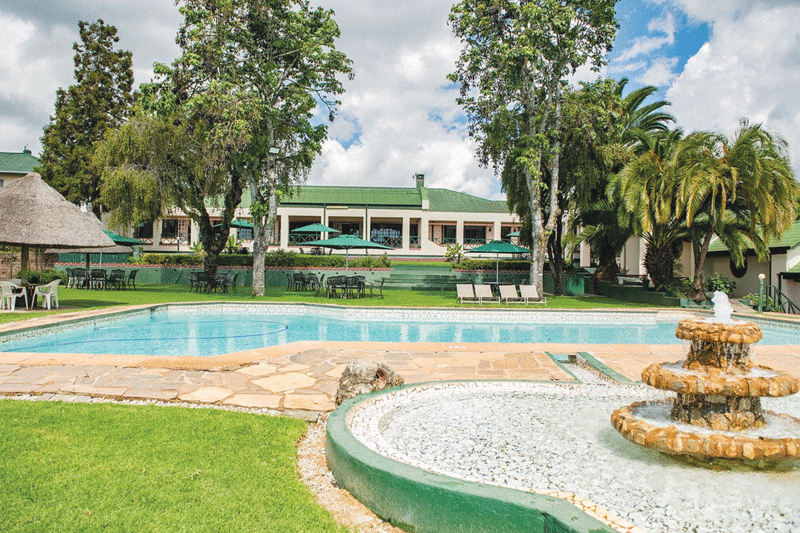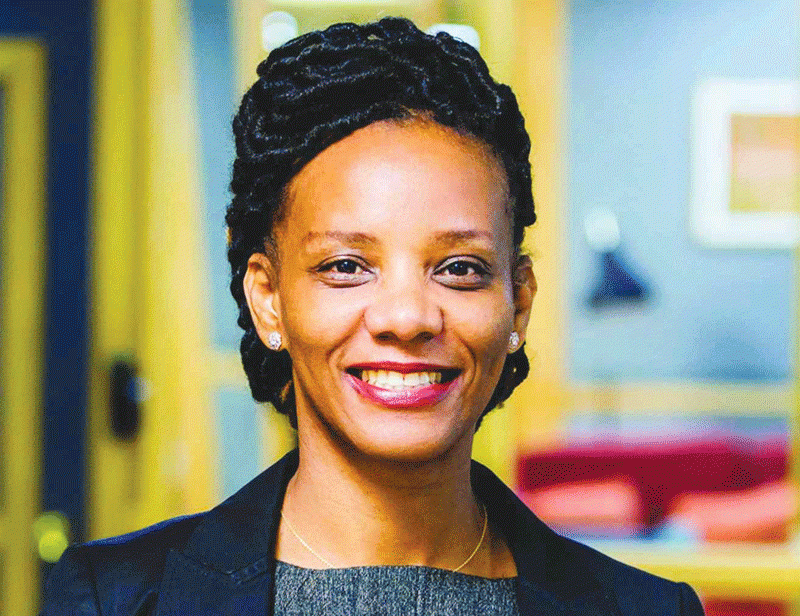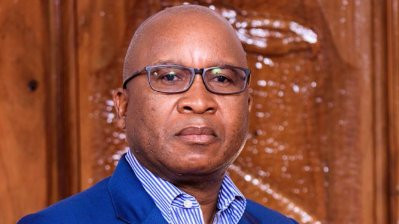
IN the continuing coverage of last week’s inaugural Zimbabwe Annual Investor Forum hosted by The Zimbabwe Independent, we highlight below key contributions by experts who attended the highly successful event which was attended by President Emmerson Mnangagwa . Scores of business leaders, economists and top ranking government officials also attended the conference. Please read below, our final instalment of comments by experts.
Happiness Zengeni
Business journalist
“We are talking about attracting long term, sustainable investments into Zimbabwe. Some people would say that is a very tough sale. We’ve been talking about this since the country was created. So, if you remember very well, those of you who are keen history followers like me, would have come across several adverts when the then Rhodesian government said come to Zimbabwe and invest in “Sunny, beautiful Zimbabwe”. They were selling the sun and they were asking people to come and invest in Zimbabwe because there is sun which is unlike other European countries that remain very cold. So, that has been the trend for over a century. Now, we are just calling investors to come but we also know from statistics that investors have never really come. We talk about mega deals; we talk about all sorts of things but so far since independence in 1980 our biggest investment in FDI (foreign direct investment) has been Zimplats. This follows the exit of BHP (Australian mining firm).”
Kura Chihota
Property analyst
“A Real Estate Investment Trust (REIT) under the current legislation is tax neutral. You do not pay tax within the entity. The entity has to maintain up to 80% of the revenues that is generated — it has to pay them out so this creates a highly liquid investment. We now have something we can rely on that our parents and eventually us, when we get to retirement, can rely on for a continuous income stream. Once that revenue comes into our hands it is taxed very gently as well. We have a 10% withholding tax on those distributions. If I (the investments) was sitting within a listed property company right now and I was receiving that distribution, the company would have paid tax. It will come into my hands and I will pay tax. We have a very favourable tax environment within the REITs.”
Kuda Mundowozi
- Invictus to finally start drilling
- Abwa commissions milk plant
- In the groove: Has inflation hit the music markets?
- Dave Chappelle: US comedian attacked on stage in Los Angeles
Keep Reading
Zimbabwe Stock Exchange direct head,
“We managed to liberalise the indices. Before, you only had two indices, where you had the old industrial index and the mining index. So, most of the companies were just bunched up in the industrial index with a few companies that were in the mining index. This really didn’t speak to the operations of the companies. So, we have managed to introduce new indices where there are indices that speak to what the company actually does. In 2021, we launched our very first exchange traded fund on the ZSE, this has grown. We now have about four exchange traded funds being traded on the ZSE and we are yet to introduce new products which, already in the rules, are there. These are REITs - Real Estate Investment Trusts — which will be there again. Finally, you will see, as my other colleagues have said, most of the foreign direct investors have stopped participating. We saw that as an opportunity to include financial inclusion. And how best can we do that? We thought that the retail market was not really included. So, initially we saw C-Trade (mobile trading platform) coming in also targeting that space and promoting retailers to come in to trade on the market. And then, we saw the launch of ZSE Direct, which is an online platform where you can trade directly on the stock exchange without having to go to a broker. Of course, as the rules say, you will trade through a broker, but you will be able to do this on your own without necessarily having to consult to or talk to a broker or send your order to a broker before you execute your trades.”
Brighton Mutingwende
Investment analyst and accountant
“At what stage does a person start to think about owning a company? Being an entrepreneur? In Zimbabwe you will find that you spend so many years being exposed to (a certain view), then you start to think about owning a company or starting a business at a later stage. This is something that we are trying to change. Thanks to the question that came through to say what are you doing in the grassroots so that they may at least start to appreciate starting a company, owning a company at an early stage? My response to my sister who raised the question is we are still struggling, even with adults themselves, before we even go to the grassroots. That is something that is not even extraordinary, to be an owner of a company, to start your own business as an adult. We are still struggling with the
adults so that they understand. Our issue is that if we are able to convince everyone who is in this room, that they can also own their own companies, they can easily pass that to the next generation — to those grassroots, and maybe we will build a country we would want to have. So, how do we do that? Us, we are asset managers, financial intermediaries. We pool resources from investors and invest in companies that are listed on the ZSE or any exchange or even private companies. But, the question that comes again is if you look at the share register, owners of the companies that are operating in Zimbabwe, you will find that most of the investors there are institutions, they are foreign owned entities. Rarely do you find individuals on the share registers, which means we still have a gap that we need to convince everyone that is sitting here that they are also able to participate on the stock market and be an owner of any company which is operating in Zimbabwe.”











